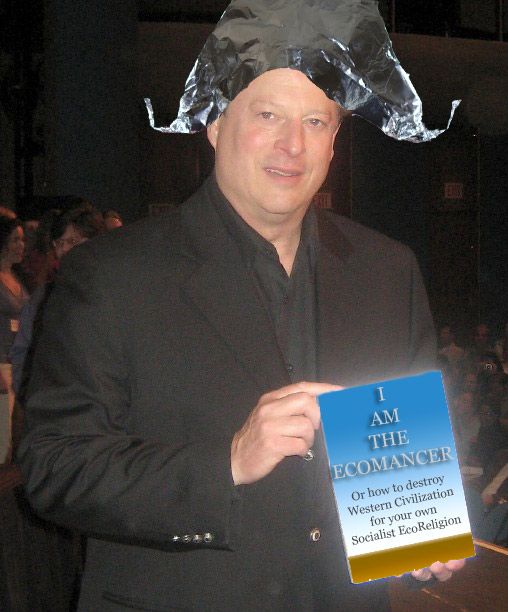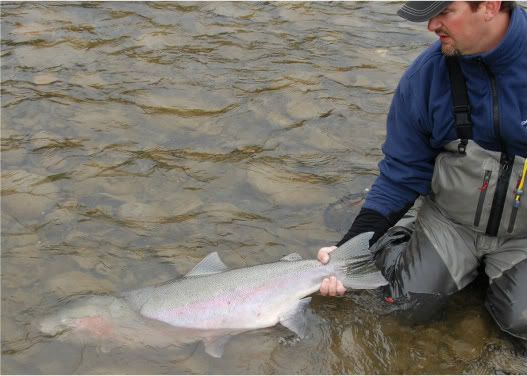





Gore isn't quite as green as he's led the world to believe
Graciously, Gore tells consumers how to change their lives to curb their carbon-gobbling ways: Switch to compact fluorescent light bulbs, use a clothesline, drive a hybrid, use renewable energy, dramatically cut back on consumption. Better still, responsible global citizens can follow Gore's example, because, as he readily points out in his speeches, he lives a "carbon-neutral lifestyle." But if Al Gore is the world's role model for ecology, the planet is doomed.
For someone who says the sky is falling, he does very little. He says he recycles and drives a hybrid. And he claims he uses renewable energy credits to offset the pollution he produces when using a private jet to promote his film. (In reality, Paramount Classics, the film's distributor, pays this.)
Public records reveal that as Gore lectures Americans on excessive consumption, he and his wife Tipper live in two properties: a 10,000-square-foot, 20-room, eight-bathroom home in Nashville, and a 4,000-square-foot home in Arlington, Va. (He also has a third home in Carthage, Tenn.) For someone rallying the planet to pursue a path of extreme personal sacrifice, Gore requires little from himself.
Then there is the troubling matter of his energy use. In the Washington, D.C., area, utility companies offer wind energy as an alternative to traditional energy. In Nashville, similar programs exist. Utility customers must simply pay a few extra pennies per kilowatt hour, and they can continue living their carbon-neutral lifestyles knowing that they are supporting wind energy. Plenty of businesses and institutions have signed up. Even the Bush administration is using green energy for some federal office buildings, as are thousands of area residents.
But according to public records, there is no evidence that Gore has signed up to use green energy in either of his large residences. When contacted Wednesday, Gore's office confirmed as much but said the Gores were looking into making the switch at both homes. Talk about inconvenient truths.
Gore is not alone. Democratic National Committee Chairman Howard Dean has said, "Global warming is happening, and it threatens our very existence." The DNC website applauds the fact that Gore has "tried to move people to act." Yet, astoundingly, Gore's persuasive powers have failed to convince his own party: The DNC has not signed up to pay an additional two pennies a kilowatt hour to go green. For that matter, neither has the Republican National Committee.
Maybe our very existence isn't threatened.
Gore has held these apocalyptic views about the environment for some time. So why, then, didn't Gore dump his family's large stock holdings in Occidental (Oxy) Petroleum? As executor of his family's trust, over the years Gore has controlled hundreds of thousands of dollars in Oxy stock. Oxy has been mired in controversy over oil drilling in ecologically sensitive areas.
Living carbon-neutral apparently doesn't mean living oil-stock free. Nor does it necessarily mean giving up a mining royalty either.
Humanity might be "sitting on a ticking time bomb," but Gore's home in Carthage is sitting on a zinc mine. Gore receives $20,000 a year in royalties from Pasminco Zinc, which operates a zinc concession on his property. Tennessee has cited the company for adding large quantities of barium, iron and zinc to the nearby Caney Fork River.
The issue here is not simply Gore's hypocrisy; it's a question of credibility. If he genuinely believes the apocalyptic vision he has put forth and calls for radical changes in the way other people live, why hasn't he made any radical change in his life? Giving up the zinc mine or one of his homes is not asking much, given that he wants the rest of us to radically change our lives.





















 Previous Topic
Previous Topic Index
Index

